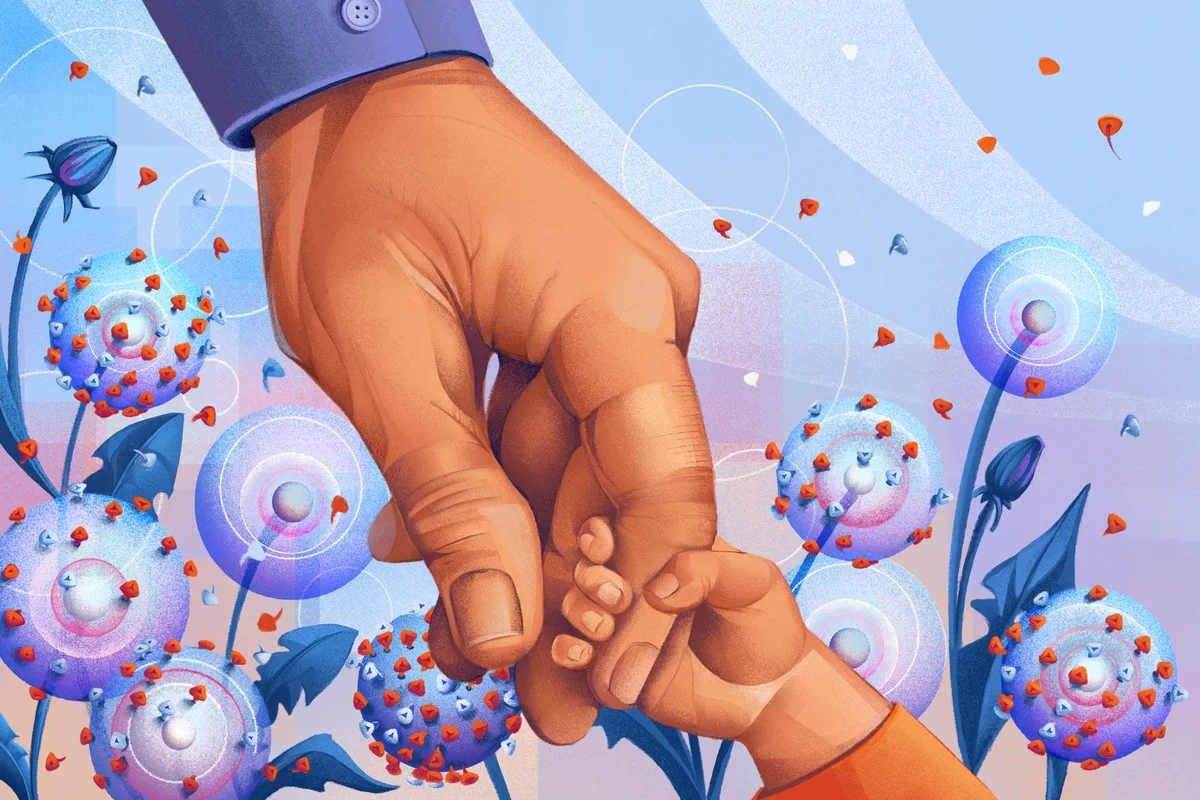
“I always skip to the end before I read the whole book.”
No words could be more chilling to an author of thrillers or horror.
Skip to the end?
We just spent months writing and writing, laying out a trail of breadcrumbs and red herrings and gotcha moments. And you skipped to the end?
We can’t imagine why anyone would want to spoil the fun like that. But plot twist… those readers aren’t out to ruin the experience. They’re trying to trust you.
Suspense Isn’t About Withholding — It’s About Foreknowledge
Most writers — especially early in their careers — believe suspense is about withholding. If I don’t tell them anything, they’ll have to keep reading to find out.
But Alfred Hitchcock had this theory — suspense is knowing there’s a bomb under the table, not having it suddenly go off.
In other words, suspense isn’t about surprise. It’s about anticipation. You build tension not by hiding the details, but by letting your audience get just far enough ahead of the characters that they feel the weight of what’s coming. They need to know, or at least suspect, that the hero is walking into a very bad situation, even if the hero is clueless.
This is why some readers crave spoilers. Not because they want the twist early, but because knowing the shape of the story lets them relax into it. The same way a rollercoaster is terrifying because you see the track rising before the drop. You’re strapped in, committed and there’s nowhere to go but where this thing is taking you. No escape. And that drop… that drop is coming!
Seeing it doesn’t spoil it. Just the opposite. We still have to endure the slow tick-tick-tick of going up, knowing that we’ll inevitably go down. And the ride is better for the anticipation of it.
The Psychology of Spoilers
There’s real science behind this. In 2011, researchers at UC San Diego conducted a study where participants were given short stories to read. Some of these got spoiled first — meaning the reader knew the ending. Others didn’t. Following up, the experiment yielded a weird and unexpected result.
Editor’s picks
The spoiled group consistently enjoyed the stories more.
The Rolling Stone Culture Council is an invitation-only community for Influencers, Innovators and Creatives. Do I qualify?
Why? Because when you remove the anxiety of “Will this be good?” the brain has more bandwidth to savor the craft. Readers start noticing foreshadowing, appreciating character nuance, enjoying the pacing. In short, they get to engage on a deeper level. They get to play along and be part of the bit.
This isn’t just true for thrillers. It holds across genres. Romance readers know the couple ends up together. Horror readers expect the monster to jump out of the dark. Mystery readers want to solve the puzzle before the detective does.
The satisfaction isn’t in what happens — it’s in how.
Writing for the Reread
Writers don’t write books to be read once. We write them to be reread. And to do that, you plant details early that pay off later. You let characters say things that hit differently once you know their secret. You thread a motif or a metaphor so subtly, it disappears until the second pass. That’s where the real magic is.
Related Content
But readers who flip to the end on the first read are already treating the story like a reread. They want to pick up on that layered resonance from the start. So, from page one, you need to think in layers.
Promise Early, Pay Off Late — Every genre has its own contract. In a thriller, it’s danger and discovery. In romance, it’s romantic tension and connection. You don’t have to give away the twist — but you do have to show the reader you know where you’re going. That you’ve built something that will reward their time. Make that promise loud and clear from the first page by planting seeds the reader can feel, even if they can’t name them yet.
Foreshadow with Confidence — Let them sense the payoff before they ever see it. Use tone to emphasize important details. Use chapter titles or epithets to set up what’s coming. Let your readers get a whiff of the bomb under the table.
Let the Characters Be the Dupes — If the reader knows something the protagonist doesn’t, that’s gold. You don’t have to spell it out — but if you can create a situation where the reader suspects what’s coming, they’ll turn the pages faster than if they’re in the dark. It’s not about being unpredictable — it’s about being inevitable.
Use Misdirection, Not Obfuscation — Mystery isn’t about confusion. It’s about clarity that shifts. Readers don’t want to be lost — they want to think they’re right until they’re proven wrong in the best possible way. If you hide too much, you frustrate them. If you reveal just enough, they get to play along.
Trust the Reader — The old-school thinking was that readers needed to be manipulated. That you had to dangle answers like carrots and never let them peek behind the curtain. That doesn’t fly anymore.Today’s reader is savvy. They’ve seen everything. They’ve been through prestige TV, literary fiction, fan theories, AI plot summaries. They’re not easily impressed — but they are still eager to be moved. Give them reasons to keep reading, don’t try tricking them into it.
The rule now is, if your reader catches even a whiff that you are trying to manipulate them, they’re out. See you at the thrift shop.
Trending Stories
Final Thoughts
Readers will trust you if you show them you know what you’re doing. And if they flip to the end? Let them. Because if you’ve built something worth reading, they’ll flip back just as fast, and read even faster.
The point isn’t to stop them from spoiling it. The point is to build a story so good, it can’t be spoiled. Set a trap, draw them in and make them want to read it all over again, just to see how you got them the first time around.



